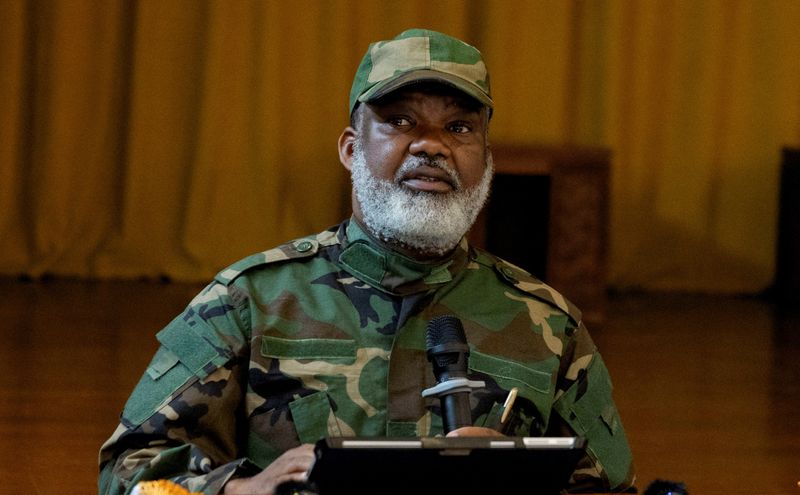
Representatives from the influential Catholic Church in Congo met with rebel leader Corneille Nangaa in Goma on Wednesday, a move that could strain relations with the government in Kinshasa. Nangaa, who leads the Alliance Fleuve Congo (AFC), has emerged as a key figure for political and rebel groups opposing President Felix Tshisekedi.
The AFC, which considers the M23 militia its military arm, seized control of Goma, the capital of North Kivu province, in late January. On Tuesday, Nangaa’s forces threatened to push further into South Kivu, targeting Bukavu, the province’s capital.
The specifics of Wednesday’s meeting remain unclear, but a church official, speaking on condition of anonymity, stated the discussions were intended to gather views from all sides and lay the groundwork for inclusive dialogue. Tshisekedi’s office expressed openness to the church’s initiative, provided it was “inclusive,” and noted the president had already engaged with various religious leaders.
The M23’s progress and the threat of conflict in Bukavu have raised concerns about a wider regional conflict, reminiscent of the devastating wars between 1996 and 2003. Reports of clashes near the town of Ihusi, west of Lake Kivu, between Goma and Bukavu, further fueled these fears.
Congo’s army maintains control over Bukavu and the vital Kavumu town, where the region’s airport is located, with assistance from pro-government militias and Burundian troops. However, military and diplomatic sources have reported increased activity by M23 and Rwandan forces at the South Kivu border. While Rwanda has denied any involvement in the fighting, it faces accusations from Congo, the UN, and several Western nations of backing the rebels with troops and supplies, citing self-defense as its justification.
The ongoing conflict in eastern Congo, which has escalated since early 2022, has claimed thousands of lives and displaced over a million people. However, a tentative calm has returned to Goma, with daily life gradually resuming as civilians begin to leave displacement camps, according to the UN. Despite this, M23 has continued to push for the evacuation of camps within 72 hours, though it later clarified that such actions should be voluntary.
